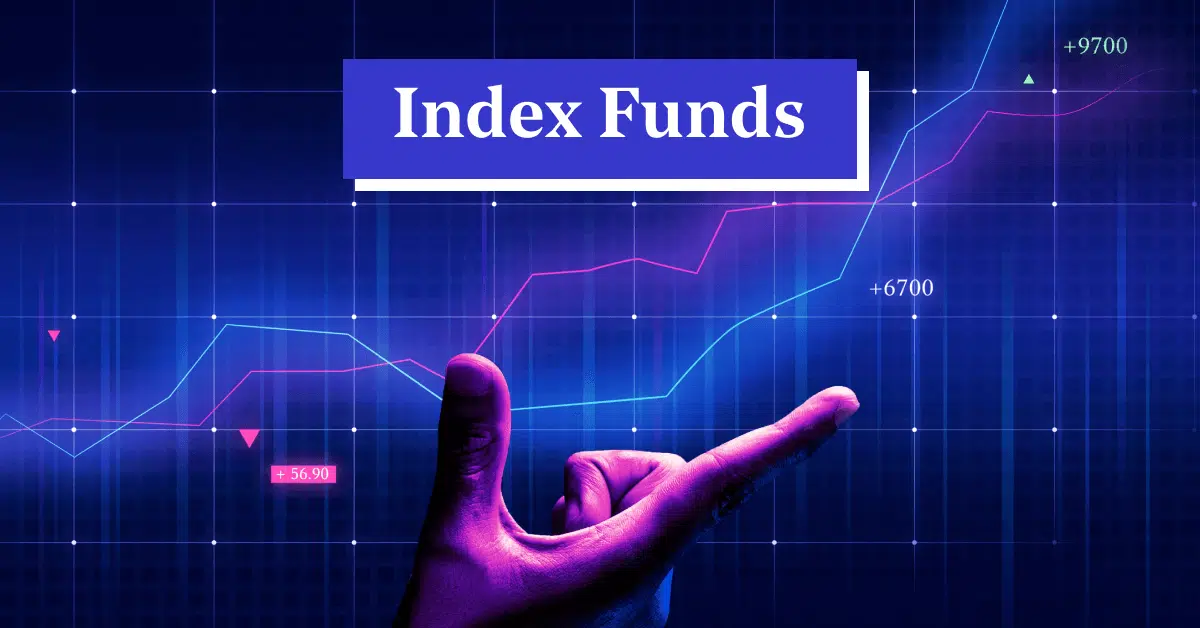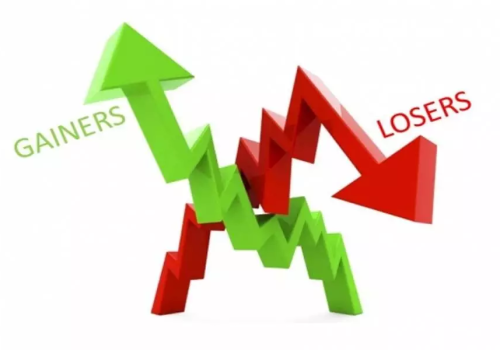What are Index Funds?
Index Mutual Funds invest in stocks that replicate a stock market index such as the NSE Nifty or BSE Sensex. They are passively managed funds, meaning the fund manager invests in the same securities as those present in the underlying index, maintaining the same proportion without altering the portfolio composition. The objective of these funds is to provide returns similar to the index they track.
How do index funds work?
Index Funds function by replicating the composition of a specific market index, such as the NSE Nifty Index. For instance, if an Index Fund tracks the NSE Nifty Index, it will hold 50 stocks in its portfolio in proportions that mirror the index. Similarly, broader market indices like the Nifty Total Market Index may encompass approximately 750 stocks across various market caps and sectors. An index can comprise equity and equity-related instruments along with bonds, and the index fund ensures it invests in all the securities tracked by the index.
Unlike actively managed mutual funds that aim to surpass their benchmark, index funds operate passively. Their goal is to match the returns provided by the underlying index by replicating its composition.
Who should invest in Index funds?
Index Funds are suitable for investors who prioritise predictable returns and aim to invest in the equity markets with lower risk. These funds track a market index closely, resulting in returns that closely mirror those of the index. Unlike actively managed funds, where the fund manager adjusts the portfolio composition based on their market assessments, Index Funds maintain a static portfolio, eliminating the associated risks.
While Index Funds offer stability and consistency, they may not yield significantly higher returns compared to the index. Therefore, investors seeking potentially higher returns may find actively managed equity funds more suitable.
What factors should be considered before investing in index funds?
Before investing in index funds in India, it’s crucial to consider several key factors:
Risks and Returns: Index funds, being passively managed and tracking a market index, tend to have lower volatility compared to actively managed equity funds. While they offer good returns during market rallies, it’s advisable to switch to actively managed funds during market slumps. Also, pay attention to the tracking error, aiming for funds with the lowest tracking error.
Expense Ratio: One of the primary advantages of index funds is their low expense ratio. Since these funds don’t involve active stock selection, their management costs are lower, translating to a lower expense ratio. Look for funds with minimal expense ratios to maximise your returns.
Investment Horizon: Index funds are suitable for investors with a long-term investment horizon, ideally seven years or more. While they may experience short-term fluctuations, these tend to average out over the long term. Align your investment goals with the long-term nature of index funds and stay invested accordingly.
Tax Implications: Like other equity funds, index funds are subject to dividend distribution tax (DDT) and capital gains tax. DDT is levied at 10% on dividends paid out by the fund house. Capital gains tax applies upon redeeming the units, with the rate depending on the holding period.
Are index funds good to invest for beginners?
Index funds are indeed an excellent option for beginners venturing into the investment world. They offer simplicity, cost-effectiveness, and diversification by holding a broad range of stocks or bonds that replicate a specific benchmark index. With lower expense ratios compared to actively managed funds, index funds are affordable and often outperform them, making them appealing to both beginners and seasoned investors alike.
Moreover, index funds tied to major indices like the S&P 500 or Nasdaq Composite receive frequent news coverage, helping beginners stay informed about their investments and learn about the broader market’s trends and fluctuations. This additional exposure can further aid in their investment education and understanding of market dynamics.





